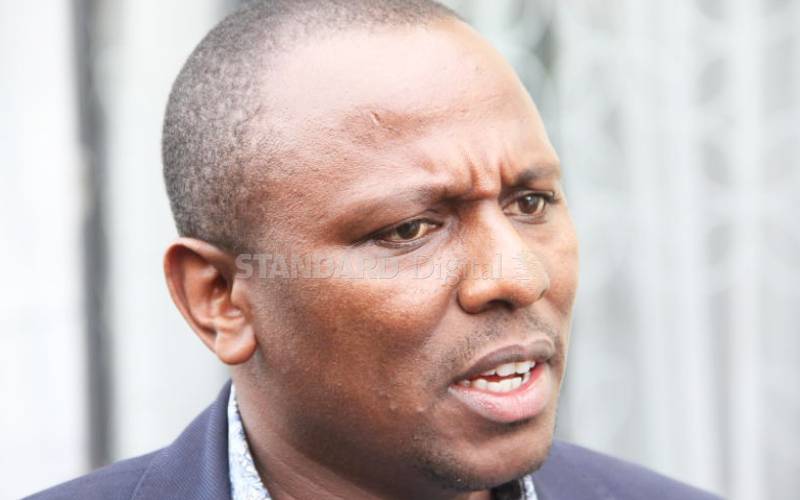×
The Standard e-Paper
Fearless, Trusted News

Budget Committee Chairman Kimani Ichung'wa at Hilton Garden Inn Hotel, Mombasa Road in October 2019. [Edward Kiplimo,Standard]
A parliamentary committee has rejected a Bill that seeks to restrict the freedom to strike for workers who provide essential services to five days.